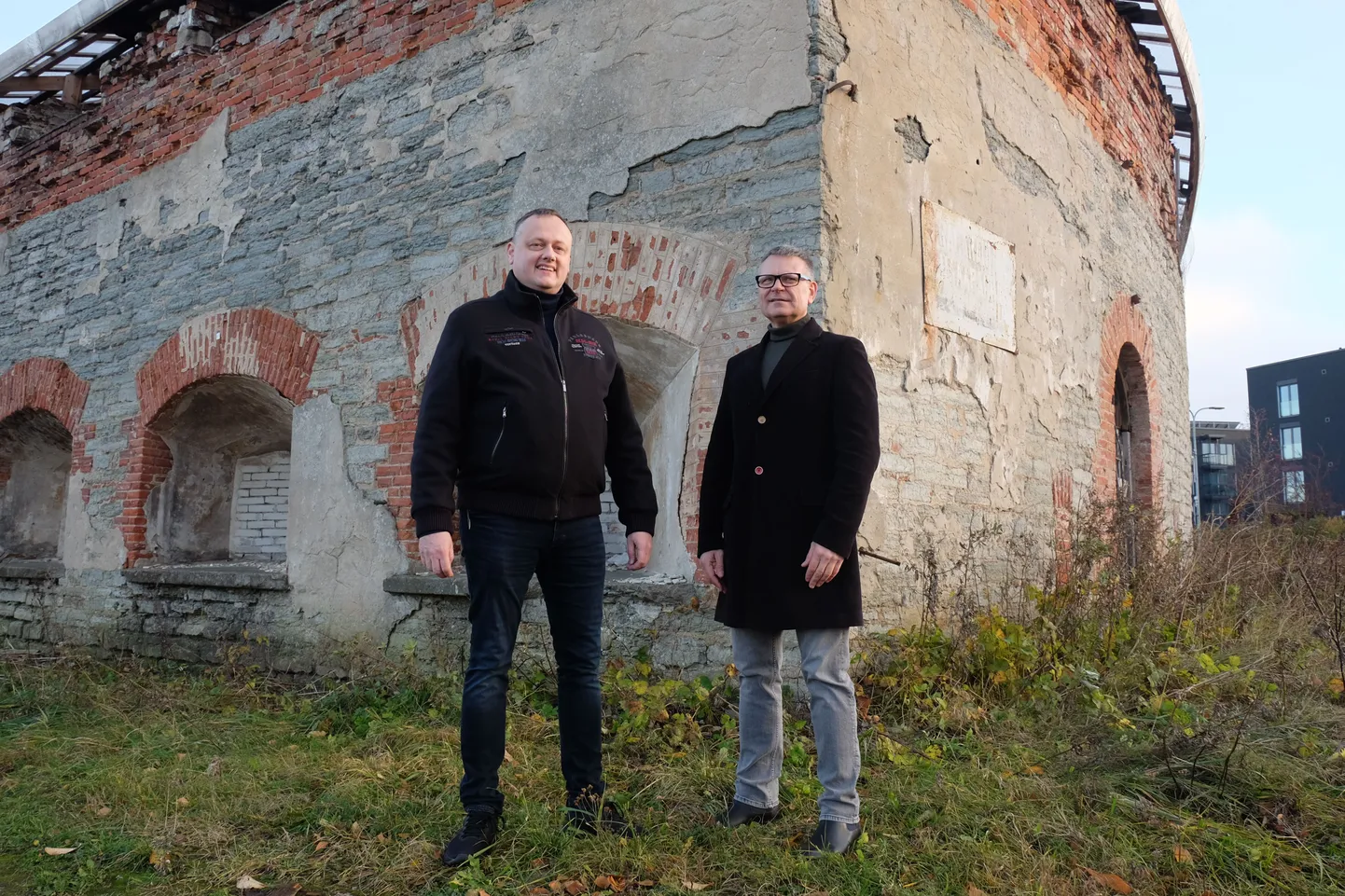First published in Postimees on December 2, 2024. Read in Estonian.
Then also, it was published in rohegeenius on December 4, 2024.
Richard Viies and Andrus Aaviste, managers of Selektor Insenerid OÜ, firmly believe that choosing their company for construction studies is a smart decision.
Construction studies provide essential information for planning a building’s intended use, preparing project designs, and budgeting for construction. The knowledge-based recommendations of Selektor Insenerid OÜ’s skilled experts ensure that decisions are reliable, meet technical requirements, and align with the client’s goals.
Responsibility in Construction
Environmental and social responsibility is a key factor in the modern construction sector. Construction projects impact the economy, environment, and community, so careful and informed decision-making is vital.
New buildings often boast greater energy efficiency and better adaptation to specific uses. However, the environmental impact of constructing new buildings must not be overlooked. Producing building materials is costly, consuming significant natural resources, while construction processes are energy-intensive and generate waste.
The construction industry faces the challenge of balancing development needs with environmental sustainability. One increasingly appreciated solution is the reuse of existing buildings. Reusing structures reduces the demand for new materials, thereby minimising the environmental impact associated with material production and transportation.
The Value of Preserving Existing Buildings
Preserving historically significant buildings and repurposing them for community use offers benefits that extend beyond economics. It creates a bridge between history and the present, delivering an environmentally sustainable solution.
“Informed decisions start with facts –
Selektor’s versatile construction studies provide knowledge.”
Andrus Aaviste
Savvy property owners recognise the value of repurposing long-unused but preserved buildings. Structural elements in such buildings often have architectural value and remain in good condition, making their reuse both economically and environmentally viable. Additionally, existing infrastructure and surrounding communications simplify and reduce the cost of adaptation.
The Role of Construction Studies
In the construction sector, every decision carries substantial responsibility. Choices must be made consciously and knowledgeably to ensure safety, environmental sustainability, and respect for historical heritage. This is where construction studies prove invaluable. They provide the critical information needed for informed decision-making, helping identify practical solutions and evaluate the structural integrity of existing elements in line with their intended service life.
“Sustainable thinking combines architectural heritage and
modern development methods.”
Richard Viies
The private sector is typically more flexible in addressing community needs and economic benefits due to its ability to adapt quickly to changing markets. In contrast, the public sector often faces slower decision-making processes, influenced by political agreements and coalition considerations.
Here, too, construction studies offer invaluable support, delivering data-driven solutions. For instance, structural studies evaluate whether a building’s framework meets required safety and longevity standards. Historical and finishing layer studies preserve original design elements and inform the integration of old and new components.
Preserving Historical Authenticity
Understanding the original construction methods and materials used by master builders is crucial for maintaining historical authenticity. Expert studies conducted by professionals with proven state-recognised competencies ensure high-quality outcomes. Their academic knowledge, ongoing training, and practical experience instil confidence in decision-makers, enabling them to make economically, environmentally, and socially sound choices.
A Sustainable Approach
A knowledge-based approach fosters environmental preservation, resource efficiency, and community development. Reusing buildings instead of demolishing them exemplifies how old solutions can meet new needs responsibly and sustainably. By prioritising informed decisions and leveraging expert studies, the construction industry can achieve a balance that benefits the economy, society, and the planet.
“A knowledge-based approach is the key to responsible construction.”
Andrus Aaviste

